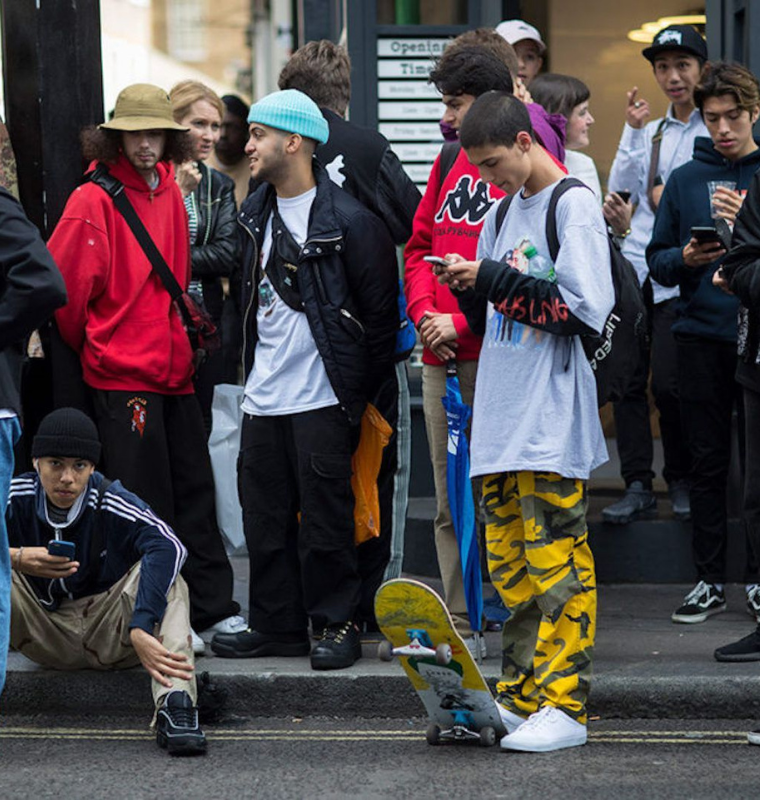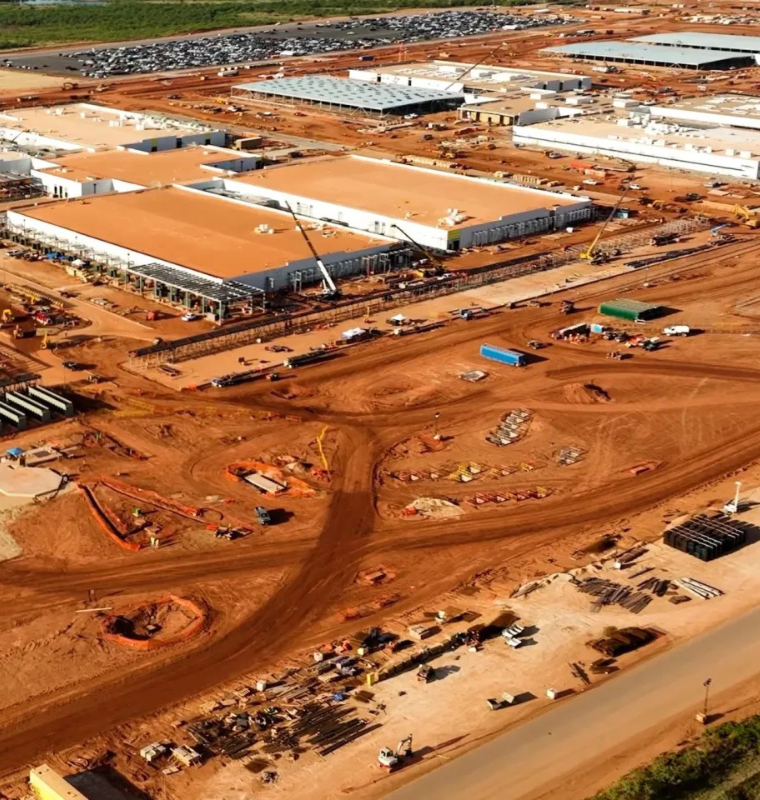Xi Warns of Global Crossroads: ‘Peace or War’ as Trump Accuses Beijing of Conspiring Against U.S.
Xi Warns of Global Crossroads: ‘Peace or War’ as Trump Accuses Beijing of Conspiring Against U.S.
By
David Goldfarb
Last updated:
September 3, 2025
First Published:
September 3, 2025

Photo: France 24
Chinese President Xi Jinping declared that the world now faces a defining choice between “peace or war” and “dialogue or confrontation” as Beijing staged one of its most elaborate military parades in decades. The event, marking the 80th anniversary of the end of World War II, highlighted China’s military modernization and its expanding diplomatic reach in Asia and beyond.
The address coincided with a fiery statement from U.S. President Donald Trump, who urged Xi to acknowledge America’s role in securing China’s freedom during the war, while accusing Beijing of working in secret with Moscow and Pyongyang against Washington.
“Please give my warmest regards to Vladimir Putin, and Kim Jong Un, as you conspire against The United States of America,” Trump wrote on Truth Social.
A Display of Military Power
The parade at Tiananmen Square featured goose-stepping soldiers, advanced missile systems, military trucks, and fighter jets roaring overhead. The spectacle was designed to showcase China’s latest domestically produced weapons and defense technologies, signaling Beijing’s growing confidence in its ability to challenge Western dominance.
Experts noted that the high-profile participation of Russia’s Vladimir Putin and North Korea’s Kim Jong Un was a symbolic display of China’s strengthening ties with regional powers at a time when relations with the West remain strained. Leaders from more than 20 nations attended the event, though Western representation was largely absent.
Regional and Global Diplomacy
Xi’s remarks carried a strong undertone of defiance, pledging to enhance the role of the Chinese military in safeguarding the nation’s sovereignty and territorial integrity. Though Taiwan was not explicitly mentioned, analysts said the message was unmistakable.
Jeremy Chan of Eurasia Group observed that China’s ability to attract multiple Southeast Asian leaders to the event reflects its rising influence in regional diplomacy, particularly at a time of uncertainty about Washington’s commitment to Asia. Notably, South Korea declined the invitation, while Kim Jong Un’s surprise appearance underscored closer Beijing-Pyongyang ties.
The parade followed the Shanghai Cooperation Organization summit in Tianjin, where Xi, Putin, and other regional leaders convened. On the sidelines, Xi and Putin signed a binding agreement to advance the long-delayed Power of Siberia 2 gas pipeline, a project that will deepen their energy partnership.
North Korea’s Symbolic Signal
Observers highlighted the presence of Kim Jong Un’s daughter, Kim Ju Ae, who was treated with high protocol status during the event. Analysts interpreted this as a sign of her rising prominence, suggesting she is being positioned as a possible successor within North Korea’s political hierarchy.
North Korea’s participation also comes against the backdrop of its reported troop support to Russia in Ukraine, further tightening the triangle of Beijing-Moscow-Pyongyang relations. China has refused to label Russia’s invasion as such, instead presenting itself as a potential mediator — though Washington accuses Beijing of indirectly supporting Moscow’s war effort.
Historical Context and Legacy
China last held a major military parade in 2019 to mark the 70th anniversary of Communist Party rule. Xi, who became president in 2013 and abolished term limits in 2018, has repeatedly emphasized the importance of military strength as central to China’s rise.
Putin’s presence at this year’s event was a continuation of his involvement in past commemorations — he also attended the 2015 Beijing parade, which drew global leaders such as then-South Korean President Park Geun-hye and former Western heads of state like Tony Blair and Gerhard Schroeder.
This year’s event, however, highlighted a new geopolitical reality: China’s growing role as the gravitational center for alternative global alliances.
The Road Ahead
Xi’s stark warning about “peace or war” underscores the deepening divide between China and the West, as Washington ramps up tariffs, strategic competition, and military alliances across Asia-Pacific. For China, the parade was more than commemoration — it was a statement of strength, unity, and readiness to shape a new global order.
Meanwhile, Trump’s direct accusations and the growing visibility of Putin and Kim alongside Xi paint a picture of intensifying rivalry that could define the world’s next chapter.
Popular articles
Subscribe to unlock premium content
Why Consumers Buy Limited-Edition Fashion and Beauty Products

How K-Beauty Changed the Global Skincare Industry and Consumer Expectations

How Streetwear Became a Billion-Dollar Industry From Niche to Mainstream

Why Consumers Buy Limited-Edition Fashion and Beauty Products

How K-Beauty Changed the Global Skincare Industry and Consumer Expectations

Why Consumers Buy Limited-Edition Fashion and Beauty Products









